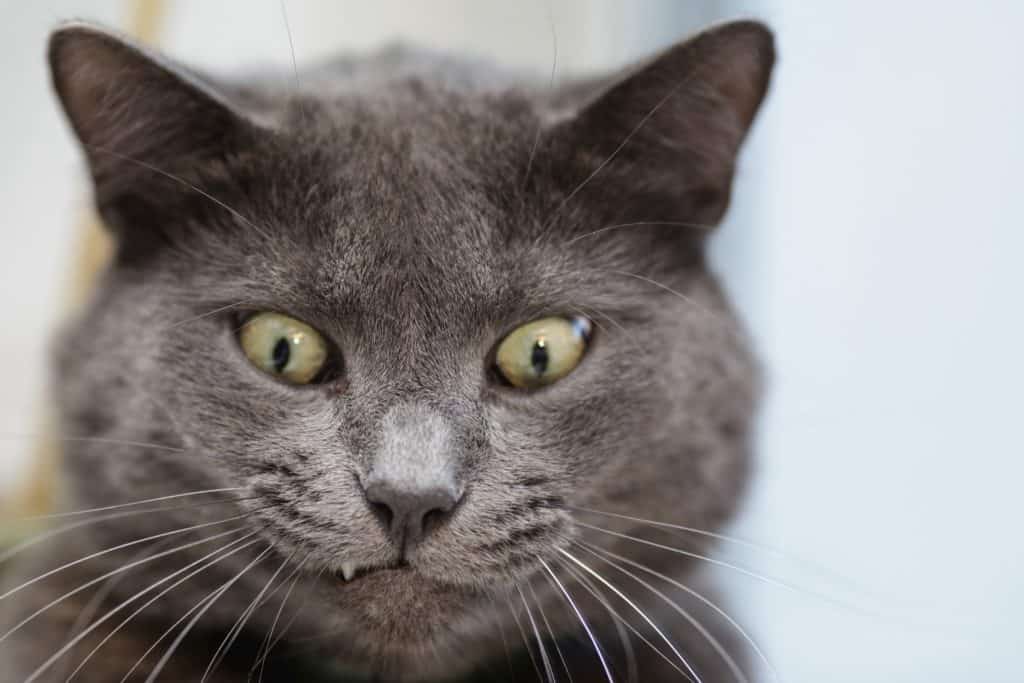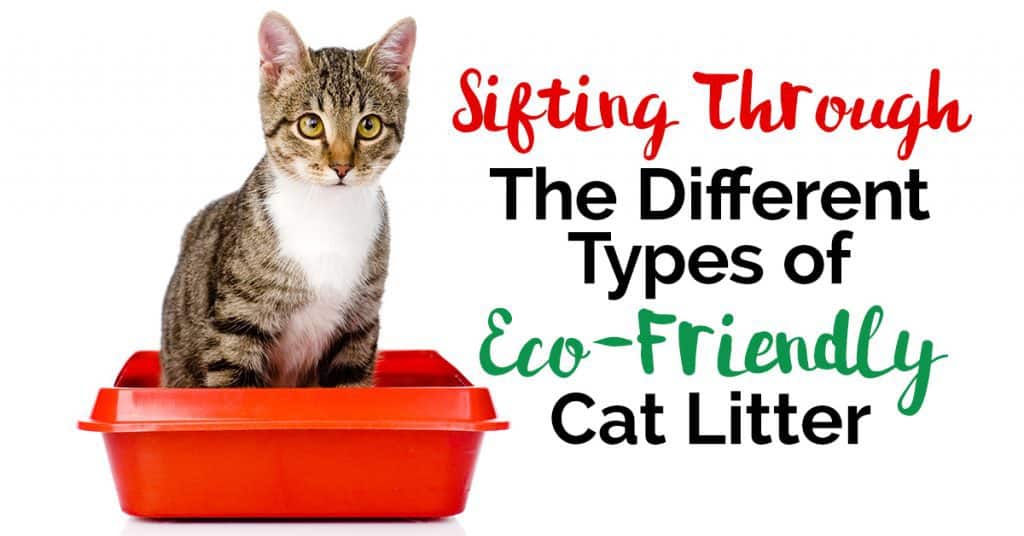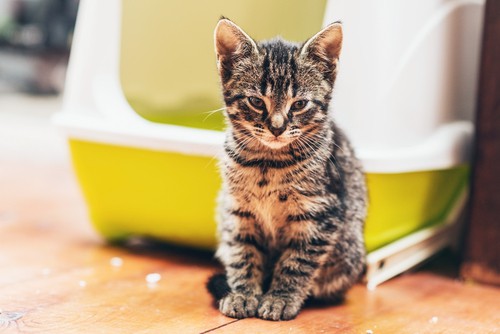 There are many ways to find out if your kitty is in good shape. Interestingly, you can learn a lot by being aware of what you actually scoop from her litter pan. Ideally, you’d have to hit upon a “perfect” poop from kitty every 24 to 36 hours. It should be rich brown in color, well-formed and consistent and should be moist enough that the litter can stick to it. It will not smell “good”, but it shouldn’t be so strong and foul that it drives you out of the room.
There are many ways to find out if your kitty is in good shape. Interestingly, you can learn a lot by being aware of what you actually scoop from her litter pan. Ideally, you’d have to hit upon a “perfect” poop from kitty every 24 to 36 hours. It should be rich brown in color, well-formed and consistent and should be moist enough that the litter can stick to it. It will not smell “good”, but it shouldn’t be so strong and foul that it drives you out of the room.
Understanding the Basics
There are several things that can influence the kind of poop your cat makes. One known major factor is her diet. In fact, high quality cat food could produce high quality waste product. But how can you tell if kitty’s healthy and hearty or in bad shape just by looking at her poop? When you scoop, take note of the color, shape, consistency, amount and odor of your cat’s feces. Make sure that you already paid attention to what “normal” appears like for her, then you can compare once something seems to be out of the ordinary.
Common Kitty Poop Problems:
Diarrhea. This is a digestive condition that is not very uncommon among our feline friends. Episodes of watery stools are caused by numerous triggers like food intolerance or allergies, dietary changes, inflammatory bowel disease, hyperthyroidism, colitis, intestinal parasites, pancreatic problems, and even cancer. Although diarrhea that only lasts a day or two is not usually alarming, persistent episodes of frequent, loose, and runny bowel movements may result in dehydration. Talk to your vet immediately if this happens; also, if you observe that kitty’s diarrhea comes with fever, lethargy, vomiting, loss of appetite, is black in color or contains blood in it.
Assess your cat’s poop and her condition by checking this chart below as taken from webmd.com:
Symptom
Appearance
Frequency
Possible Causes
Diarrhea
Black, tarry, loose stools
Variable
Stomach or intestinal bleeding. Seek immediate veterinary attention.
TrendingDiarrhea
Smelly, pudding-like stools
2-3 times daily
Dietary intolerances, inflammatory bowel disease
Diarrhea
Gooey poop filled with mucus
Multiple times daily
Inadequate dietary fiber; colitis
Constipation. Like in diarrhea, you don’t necessarily have to panic if your cat experiences occasional, brief bouts of constipation. However, you would know that it’s already serious if kitty appears to frequently strain too much when trying to poop or if she seems unproductive in her attempts. Some of the known causes of this common cat poop problem include low-fiber diet, kidney issues, intestinal obstruction (including strings, bones, or hair), feline megacolon, colon abnormalities like presence of tumors or strictures, and spinal pain or problems.
Assess your cat’s poop and her condition by checking this chart below as taken from webmd.com:
Symptom
Appearance
Frequency
Possible Causes
Constipation
Small, hard, dry stools
Less than once a day
Dehydration, megacolon, dietary issues
Constipation
Small, hard, dry stools containing large amounts of hair
Less than once a day
Hairballs, over-grooming
Constipation
Thin, ribbon-like poop
Less than once a day
Tumor or stricture
The ocassional bout of constipation or diarrhea with a generally healthy kitty can be solved by adding fiber to your cat’s diet. One good source is canned pumpkin. Be sure you use only 100% canned pumpkin, and not pie filling which has sugar added.




